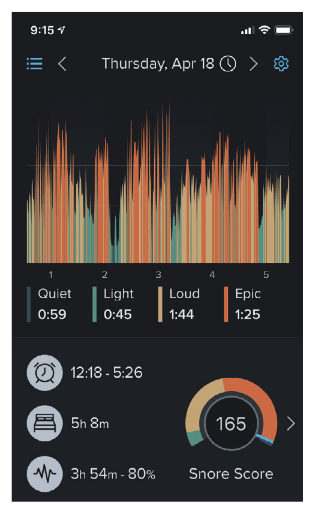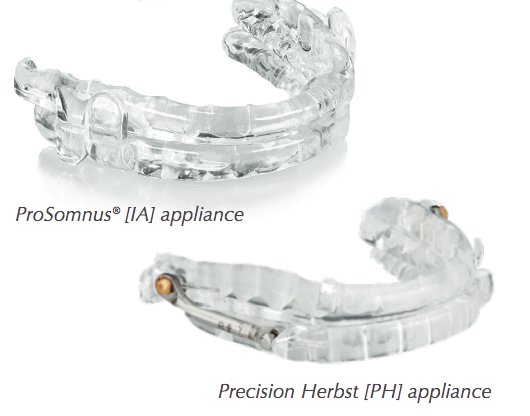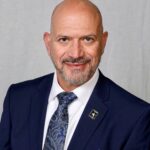Editor’s intro: DSM for both patients and clinicians would be less stressful if the condition was approached as if it were medical not dental. Read to find out how to help patients make their decisions in a more efficient and organized way.
by Mark T. Murphy, DDS, D.ABDSM
I often observe offices with systems for Dental Sleep Medicine (DSM) that mirror what they did as dentists; discretionary patient expenditure, no real insurance, coverage limitations and little urgency. Systems are in place for the dental team and not the patient, making it easier for them to choose NOT to do necessary treatment. In medicine, the scene is different, and choices are made with more physician direction to the players. Full or large down payments, comprehensive explanations of out-of-pocket costs and rigid comprehensive examination protocols before the patients say YES can make DSM less fulfilling than it should be.
Dentistry is NOT Like Medicine

Although there are a very few patients who want or need to know every possible expense in medical care scenarios, most will move forward without a very clear picture of ‘how much.’ Less than half of the patients we see ever ask us how much the oral appliance will cost and, when we tell them it is covered by their medical insurance, most of those are satisfied. The few that remain wonder what their maximum out-of-pocket expense could be – we tell them it is the same as what a familiar regional insurance carrier approves. That settles it. They feel comfortable because a third party (the familiar medical insurance carrier) has sort of verified and validated our fee.
Give Patients What They Want
Patients want to know three important things in making their decisions in medicine;
- Do I have this condition or disease?
- How serious is it?
- Is it treatable/curable/manageable?
Most do not ask how much it will cost or what will need to be done in the course of treatment. If they do, it is after these three questions are answered. We use five intentional tools that help patients on that journey.
- The SnoreLab app helps patients under-stand how problematic their OSA can be to bedpartners.
- A take home copy of the STOP BANG puts perspective on disease risk if they do not already have a sleep test.
- An eight-slide deck clarifies the co-morbidities and severity of this disease, etiology and treatment options.
- Our snore test (have patient make snoring sound, then have them hold their lower jaw forward for quiet breathing) gives them treatment hope.
- We show them a demo model of a small profile, precision engineered device like the ProSomnus® [IA] or the Precision Herbst [PH] for Medicare patients to show them how easy the treatment will be.
 Keep it simple, answer questions that are asked, not anticipated. This is medicine – not dentistry. You will have much more success with your treatment acceptance and help more patients.
Keep it simple, answer questions that are asked, not anticipated. This is medicine – not dentistry. You will have much more success with your treatment acceptance and help more patients.



